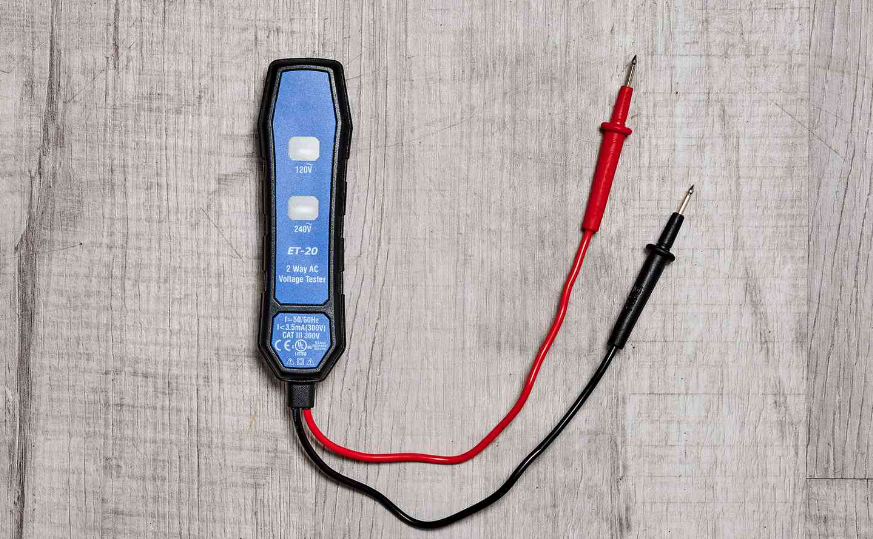Essential Guide to Choosing a Circuit Tester in NZ
In the fast-evolving world of electrical safety, the significance of having a reliable circuit tester in NZ cannot be overstated. Ensuring the proper functioning of electrical circuits is not just about preserving the integrity of your electrical systems but also about safeguarding lives. This guide aims to shed light on what to consider when selecting a circuit tester, ensuring you have the right tools at your disposal.
Understanding Circuit Testers
Before diving into the selection process, it’s crucial to understand what a circuit tester does. Essentially, it’s a tool used by electricians and homeowners alike to detect whether a circuit is conducting electricity properly. These testers range from simple devices that indicate the presence of electricity with a light or sound to more advanced models that measure the exact voltage present in the circuit.
Key Features to Look for
When you’re in the market for a circuit tester, several key features merit your attention. Primarily, the accuracy of the device is paramount. An inaccurate tester can lead to false readings, potentially placing users at risk of electric shock or allowing them to overlook critical faults.
Safety Ratings
Safety should always be your top priority. Ensure that the circuit tester you choose complies with New Zealand’s stringent safety standards. Certified safety ratings, such as those from International Electrotechnical Commission (IEC), provide reassurance that the device can be safely used under specified conditions.
Type of Tester
Selecting the type of circuit tester is also vital. Basic testers are suitable for simple tasks, like checking the presence of electricity in a socket. However, for more complex diagnostics, such as identifying circuit breaks or measuring specific electrical parameters, a more sophisticated tester might be necessary.
Ease of Use
For both professional electricians and DIY enthusiasts, the ease of use is a significant consideration. A user-friendly interface, clear instructions, and easily accessible features can make electrical testing much less daunting and more efficient.
Durability and Reliability
Given the nature of their use, circuit testers need to be both durable and reliable. Look for models that are robust enough to withstand the harsh environments they might be exposed to, such as construction sites or outdoor areas.
The Role of Circuit Breakers
While discussing electrical safety, it’s pertinent to mention the role of a circuit breaker in NZ. This device automatically switches off the electrical circuit when it detects a fault condition, preventing potential damage or dangers. Coupled with a reliable circuit tester, circuit breakers form an essential part of any electrical safety protocol.
Conclusion
Selecting the right circuit tester in NZ is a critical decision that should not be taken lightly. By focusing on key features such as accuracy, safety ratings, type of tester, ease of use, and durability, you can ensure that the circuit tester you choose meets your needs and enhances safety.





